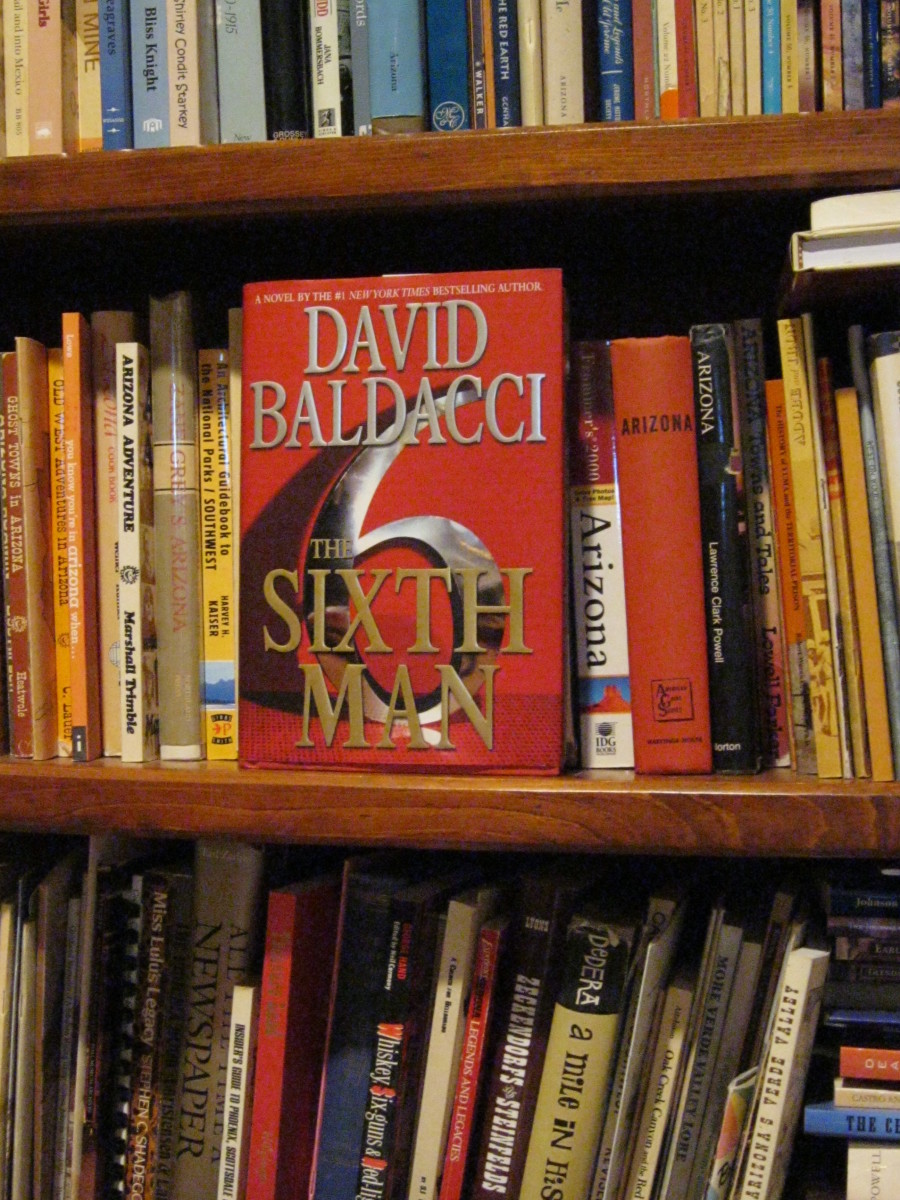Those Hanky Panky Times: Sex Scenes In Books
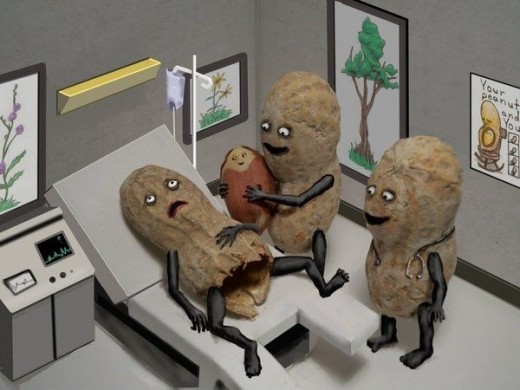
Humanity has been doing it (pun intended) since we crawled out of the swamps, and where would our little race be without it? Perhaps this is why so many authors have dedicated so much time to exploring various aspects of this human drive.
Yep, we're gonna talk about baby-making today. In particular, about baby-making scenes in books and whether or not these scenes are ever actually necessary. You may immediately think: "PFT. ALWAYS!'' But it is, in my opinion, a legitimate question. However, two things need to be laid out before we get into this.
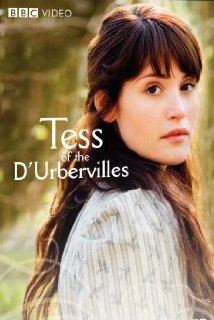
Kiss, don't tell
One: that sex in a book isn’t necessarily immoral—when it is used correctly (I'll discuss sleazy exploitation in more deets below). I mean, many impressive castles of literature have been built using sex as plot cornerstones, including The Scarlet Letter, Madame Bovary, and Tess of the d'Urbervilles, just to name a few. It all depends on how the author treats it and, most importantly, why it is there in the first place.
Note something about these classics: they can be about sex without the reader ever actually being taken into the bedroom. If sex is ever described at all, like in Tess, it is done in such a veiled way that you have to read it twice to realize that it has actually happened. In fact, a lot of characters in older novels just show up pregnant. I guess readers are just expected to connect the dots from there.
Forget telling; let me SHOW you!
Two: that this post isn’t going to talk about sexual themes, per say (as I've already noted above that sexual themes can carry a whole novel), but the actual scenes. What’s the difference between “scenes” and “themes,” you say? “Scenes” are what appear with rampant abandon in the majority of modern novels, and they're going to be my main focus today.
Basically, this is when the author takes us into the bedroom (they’re quite forward like that) and points out for us what the characters are doing, how they’re doing it, where they’re doing it, what they’re looking at, what goes where, and so on. Sex scenes in modern novels tend to be about the scene itself. It is—in and of itself—a major event in the novel.
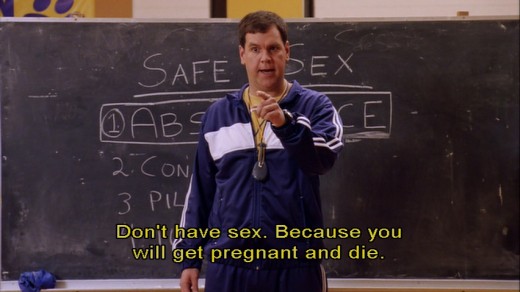
That being said…
Now we can get this bad boy rolling.
When it comes to the way modern authors treat sex, I actually have two essential objections, and they are:
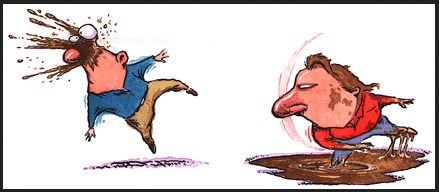
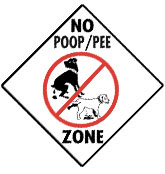
1) Sex quickly becomes sleaze
A friend and I where once trying to hash out why we felt that overly explicit sex scenes “cheapened” a novel. My friend eventually concluded that it was because it takes no talent. Literally anybody can do it. And she’s absolutely right.
Writing graphic sex scenes isn’t hard; all it takes is some imagination. I could write one right now at the drop of a hat and make it a bestseller (watch out, E.L. James). Granted, you could argue that sure, “anyone” can do it, but some people can do it well. Okay, but when is it ever necessary to describe the actual act? We all know how it works; are details really necessary?
Just to be clear: when I say “details,” I’m talking about descriptions of physical things like tongues and private parts (keepin' it classy). Couldn’t modern authors get the point across without doing this? They don’t seem to think so.
And this is the main issue I have. Too often nowadays, the line between sex and sleaze is blurred. Furthermore, I find that these scenes just jam the action to an ungraceful halt; the author pauses to sling cheap tricks at me that distract and take away from the plot rather than enriching it.
It could be countered further that sex scenes make a book more realistic because sex is natural. Are you against nature, Book Bug? Well, no. But this is an odd line of reasoning. ‘Cuz know what else is natural? The grunting that accompanies pooping. And I don’t really want to read about that either.
Mittlemark and Newman sum up this whole issue pretty well in How Not To Write a Novel. They suggest that while sometimes sex scenes “give richness to the relationships,” at other times they are “like getting embarrassing spam” (227), and that “most genres can thrive without any explicit sex scenes at all” (228).
This is a good segway into the second problem I have with modern sex scenes, and that is:
2) Nothing but page-filler
Most sex scenes seem to exist for no reason other than to meet a page quota. Authors like Stephen King excel at this. Now, don’t get me wrong. I think Stevie is a fantastic writer, and that is exactly why his sleazy digressions sadden me all the more. They always seemed to take away from an otherwise well-thought out novel.
It is easy to test whether or not a sex scene is mere filler. You can just ask yourself: if this scene of rumpy-bumpy was absent altogether, would it impact the themes, plots, or characters? If the answer is “not really,’’ then one must wonder why it is there? The only reason I can think of is that it’s there to give people their jollies. And I’m sorry, I thought we were writing literature here?

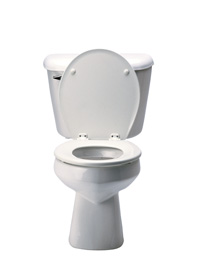
Excuse me, sir, but the unwelcome portion of your epidermis is showing
What do you think? Personally, I’m of the opinion that if sex scenes are present, they make more of an impact when every gritty detail isn’t described. When an author can take something that we all know the mechanics of (again, like pooping) and turn it into something mysterious, shadowy, sinister, or what not—that takes talent.
(Though this also begs the question if you could do this with pooping...challenge accepted. See the caption and let me know how I did.)
It takes virtually no skill at all to fling sordid details at me and then expect me to be in awe of your choice of adjectives.
At least in my opinion.



